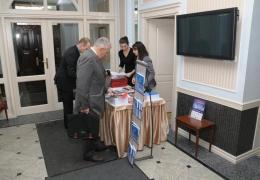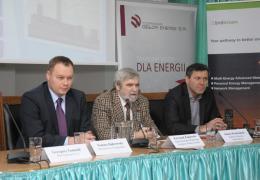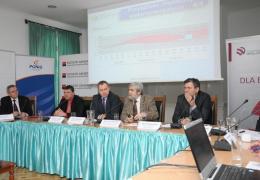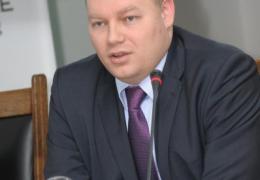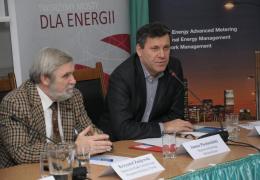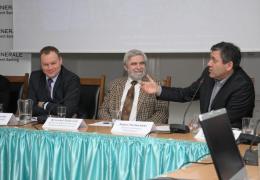Dear Sir,
We have the honour of inviting you to take part in the debate:
The Marshall Plan for Infrastructure:
let’s shed light on the problem as long as we can
22 February 2011 (Tuesday), 11.00 hrs, Klub Bankowca, ul. Smolna 6, Warsaw
It is obvious that Poland's energy infrastructure is undergoing slow degradation. We have not been investing in it since the change of the political system, i.e. for more than 20 years. Therefore, our power plants and transmission and distribution networks are decapitalised by over 70%. This is to some extent understandable and even justified, but certainly the situation can not be ignored forever. Poland needs intensive reconstruction of its technical infrastructure as its old-age components will soon go into well deserved retirement.
It is also obvious that the implementation of the necessary investment projects requires the development and implementation of an appropriate financing system. The needs are enormous: until 2030 we have to invest about 100 billion euro in the power sector only. If we take into account the gas, heating and transport sectors, we get the gigantic amount of 320 billion euro. The absolute minimum required is about 265 billion euro. This amount is going to be a huge effort for the country: not possible with the use of loans (Polish energy companies’ maximum credit worthiness is about 20 billion euro); dangerous with the use of foreign sources (the expected return on equity would be about 15%) and difficult with the use of Project finance or direct sources (the investment projects could be financed directly with the investors’ profits, through so-called blue certificates). It is time to think about the proportions of the individual sources of finance to be used. What should we invest in, and how? One thing is certain: the present trend not to invest at all is certainly unacceptable.
It is also obvious that the decision on the size and methods of funding is a political one, but also one that requires true social acceptance. The situation is complicated by the fact that there is not much time left for achieving understanding and acceptance by all citizens. 80-year-old power plants will soon become unable to send electricity via 60-year-old transmission lines. In such a case, the planned increase in economic growth and the related increase in demand for energy may remain only a dream. The achievement of social acceptance will certainly be difficult, but we have no other choice.
Let us not waste time on discussing what is obvious. Let's talk about existing possibilities and solutions to the problems that we all know well and we are all impacted by. Let's talk about them during the debate to which we invite experts representing science, politics and business:
- Mr. Tomasz Dąbrowski Director of the Energy Department, Ministry of Economy
- Mr. Janusz Piechociński, Deputy Chairman, Parliamentary Committee on Infrastructure,
- Dr. Dariusz Ledworowski, Chairman, Working Group on Finance, Public Board of the National Programme for Reduction of Emissions,
- Mr. Henryk Majchrzak, President, PSE Operator,
- Dr. Mariusz Swora, former President, Energy Regulatory Authority,
- Marcin Lewenstein, Director of New Projects Bureau, PGNiG SA
- Piotr Nowak, Technical Director, Dalkia Polska
Debate under the patronage of The Polish Bank Association.
PS. Logistical aspects connected with the organisation of the debate will be dealt with by Procesy Inwestycyjne Sp. z o.o.; (+48 22) 424 82 00; pr@proinwestycje.pl
STRATEGIC PARTNERS
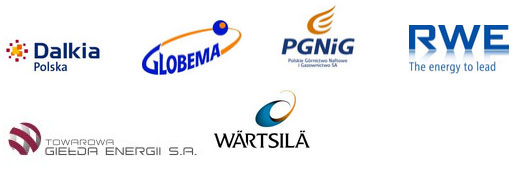
PATRONAT MERYTORYCZNY

MEDIA PATRONAGE


